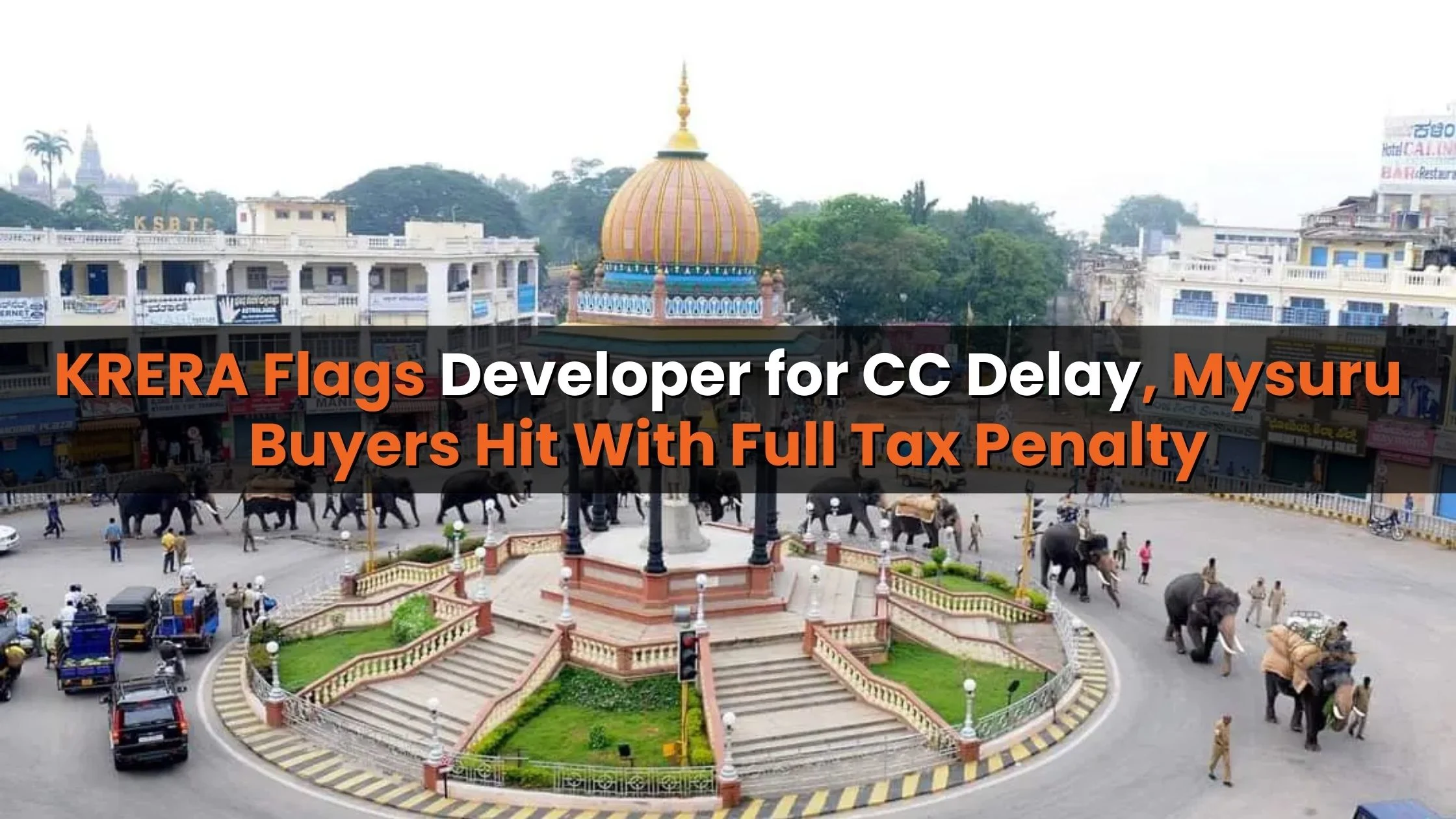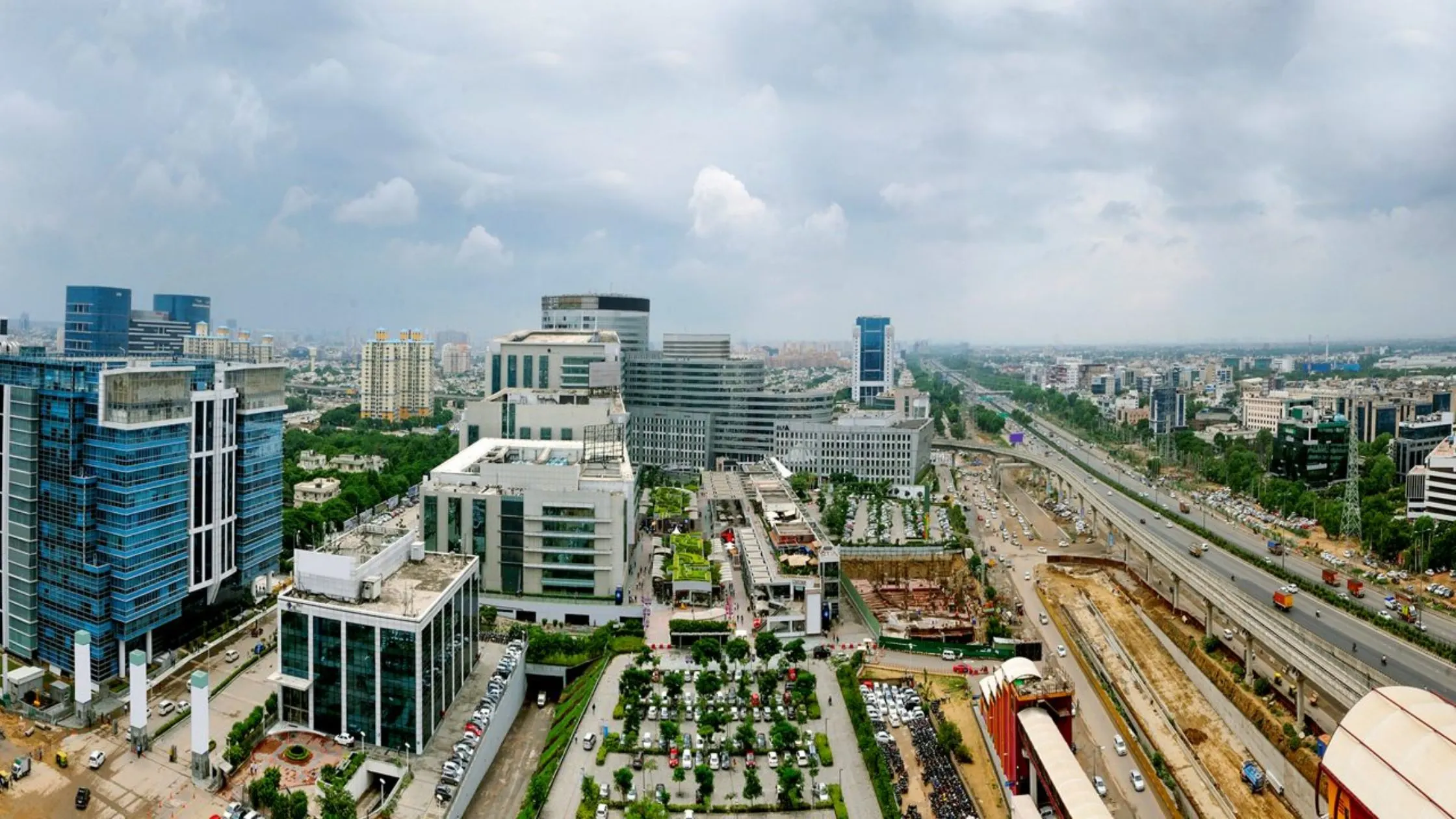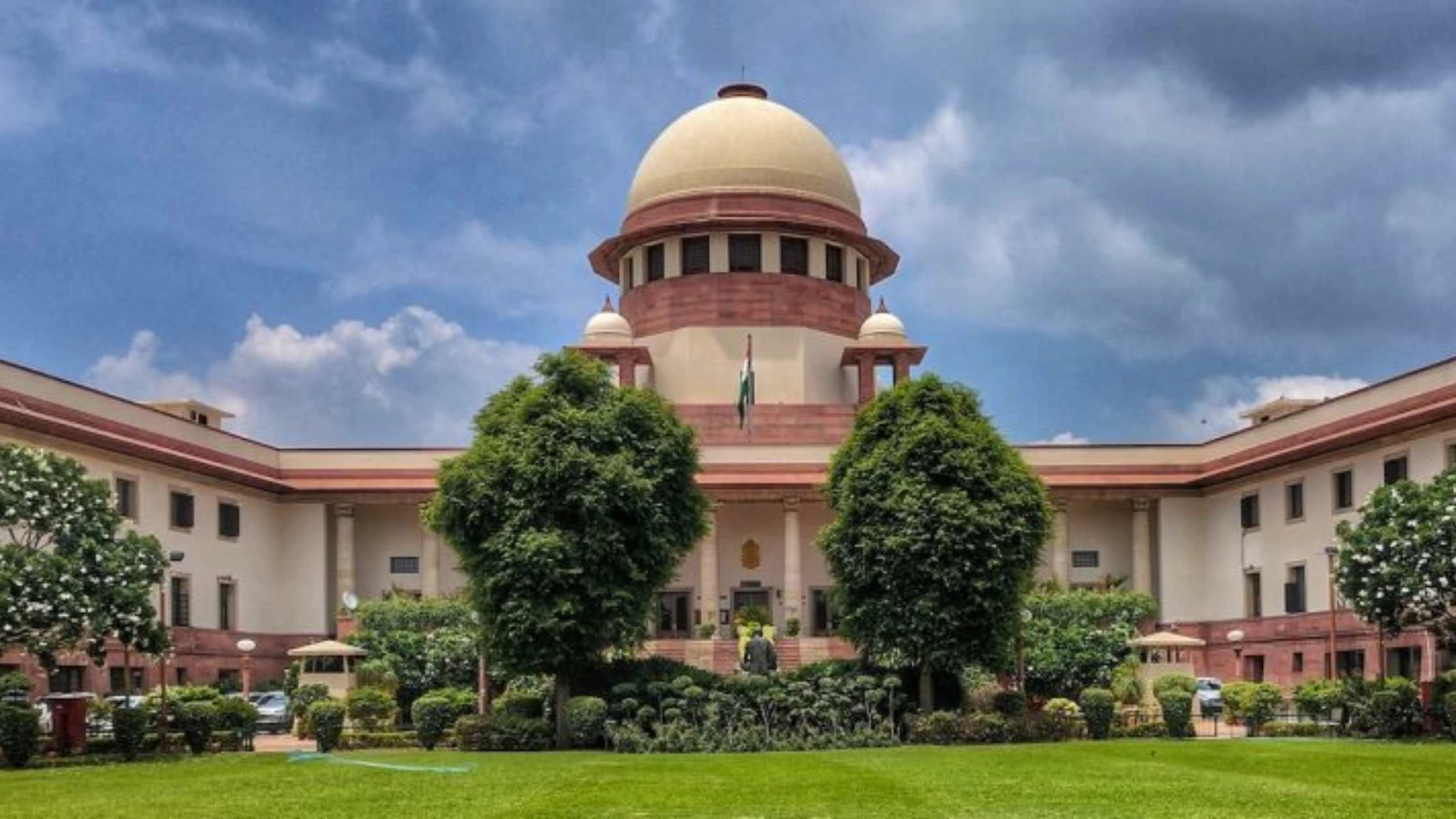Table of Content
▲
In a significant policy shift aimed at resolving one of Bengaluru’s long-standing real estate concerns, the Karnataka Cabinet approves the regularisation of B-Khata properties within the city limits. The decision, applicable to properties listed under the Bruhat Bengaluru Mahanagara Palike (BBMP) up to September 2024, is expected to provide much-needed legal clarity to thousands of homeowners and investors across the city.
This move is likely to boost property values, open access to banking and financial services, and remove the legal grey area that B-Khata properties have existed in for years.
What Has the Karnataka Government Approved?
On July 18, 2025, the Karnataka Cabinet approved the regularisation of B-Khata properties, offering homeowners an opportunity to upgrade to A-Khata status, effectively granting legal recognition to their properties.
Speaking after the Cabinet meeting, Law Minister HK Patil clarified that the regularisation would come with certain compliance parameters. “We will specify the parameters that property owners must meet. If they comply, their B-Khata certificates will be upgraded accordingly,” he said.
While A-Khata remains the benchmark for fully compliant properties, B-Khata certificates will now carry more weight, offering exemptions where applicable, and extending basic legal rights to the owners.
Also Read: As a First-Time Homebuyer, Should You Invest in a Tier 2 City and Rent in a Metro?
What Is a B-Khata?
B-Khata is a secondary property register maintained by BBMP for constructions that fall short of official zoning, planning, or building norms. Typically, these include buildings raised in unauthorised layouts or without proper approvals and occupancy certificates.
Although owners of B-Khata properties pay property taxes and are recorded in municipal books, they lack access to critical services like:
- Home loans or mortgages
- Legal property transactions
- Trade or building licenses
These properties also command lower resale value due to their uncertain legal standing making them a risky proposition for both buyers and lenders.
Why Was There a Need for Regularisation?
According to the state’s official statement, the city has seen an overwhelming number of unauthorised constructions and planning violations, leading to lakhs of properties being tagged under B-Khata. This haphazard urban development needed a formal legal mechanism for regulation.
The press release stated, “The Karnataka Town and Country Planning Act must include B-Khata properties to ensure urban order. Under the Greater Bengaluru Governance Act, the issuance of B-Khata for properties developed after September 30, 2024, will be disallowed.”
Importantly, all Khatas issued before 2009 when the B-Khata classification was introduced are considered A-Khata by default.
How Will This Benefit Property Owners?
The most immediate benefit is legal clarity. Once regularised, property owners will receive valid ownership certificates, allowing them to:
- Avail home loans and mortgages
- Legally sell or transfer properties
- Apply for building permits or redevelopment
Advocate Akash Bantia highlighted that this regularisation removes the “limbo status” of such properties. “Many owners lacked formal documentation, and financial institutions were unwilling to engage. Some lenders outright rejected loan applications, while others charged higher interest due to legal uncertainty,” he explained.
Market Impact: Property Values and Buyer Confidence
Experts believe that the Karnataka Cabinet's approval for regularisation could significantly improve the market value of these properties. With clear documentation in hand, properties in prime or developing neighbourhoods that were previously overlooked may now become hot picks for investors.
“This reform could also revitalise underutilised plots in growth corridors, bringing them back into the mainstream housing market,” Bantia added.
The removal of legal ambiguities will also allow developers to approach such land parcels more confidently, further stimulating new construction and urban redevelopment.
Also Read: Rajasthan’s New Building Bylaws: Impact, Challenges, and Opportunities
What’s Next for Bengaluru’s Real Estate Market?
This policy decision could trigger a wider transformation in the way Bengaluru manages unregulated developments. As the government lays down stricter deadlines (like the September 30, 2024 cutoff), the focus may gradually shift toward stricter compliance and planned growth.
The city could also witness a rise in property transactions, home loan disbursements, and higher demand in regularised zones. Legal reforms such as these often act as a catalyst for broader infrastructure investments and urban improvements.
Conclusion
With the Karnataka Cabinet approving the regularisation of B-Khata properties, Bengaluru may be entering a new phase of urban governance. For homeowners, this decision promises long-awaited legal clarity and access to financial services. For developers and buyers, it clears a significant roadblock in property transactions.
More importantly, this move signals the government’s intent to balance inclusivity with accountability, paving the way for more structured and compliant urban development across India’s tech capital.
Follow AquireAcers Whatsapp Channel to Stay Updated With The Latest Real Estate News

_1753082838.webp)




Ans 1. The Karnataka Cabinet has approved the regularisation of B-Khata properties under BBMP limits, allowing them to be upgraded to A-Khata status if they meet specified compliance criteria.
Ans 2. A B-Khata property is one that doesn’t fully comply with planning or zoning norms. Though listed with the BBMP and liable for property tax, such properties lack full legal recognition.
Ans 3. Owners of B-Khata properties registered with BBMP up to September 30, 2024, can apply for regularisation, provided their properties meet the government’s upcoming compliance guidelines.
Ans 4. Once regularised, owners can access home loans, sell their property legally, apply for redevelopment permits, and gain full legal recognition, bringing them on par with A-Khata holders.
Ans 5. Yes. Regularisation is expected to raise the market value of such properties and increase buyer confidence, especially in areas that were previously considered legally ambiguous.
Ans 6. Yes. Only B-Khata properties listed before September 30, 2024, are eligible. Properties developed after that date will not be granted B-Khata status under the new law.
Ans 7. All Khatas issued before 2009, when B-Khata classification was introduced, are considered valid A-Khata properties by default.
Ans 8. This move could revive stalled or underutilised plots, attract developers, increase home loan activity, and support more structured urban planning in Bengaluru.